
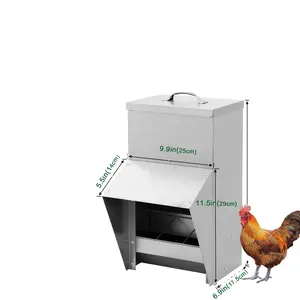
Ngoài Trời Treo Chuột Bằng Chứng Thời Tiết Gà Coop Không Có Chất Thải Mạ Kẽm Kim Loại Gà Ăn Với Nắp dốc Cho Gia Cầm


Giá bán buôn thương mại PVC kim cương lưới CuộN 6 ft 8 chân Đen 6ft cao CHAINLINK Cyclone dây mạ kẽm Chuỗi liên kết hàng rào


Dây thép gai giá dao cạo barb hàng rào mét ở Ai Cập mạ kẽm hàng rào cuộn mỗi cho trang trại concertina lưới Ribbon gỉ bằng chứng

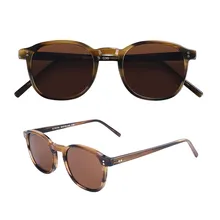


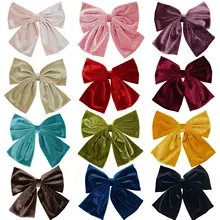









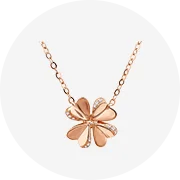




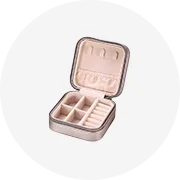








 浙公网安备 33010002000092号
浙公网安备 33010002000092号 浙B2-20120091-4
浙B2-20120091-4